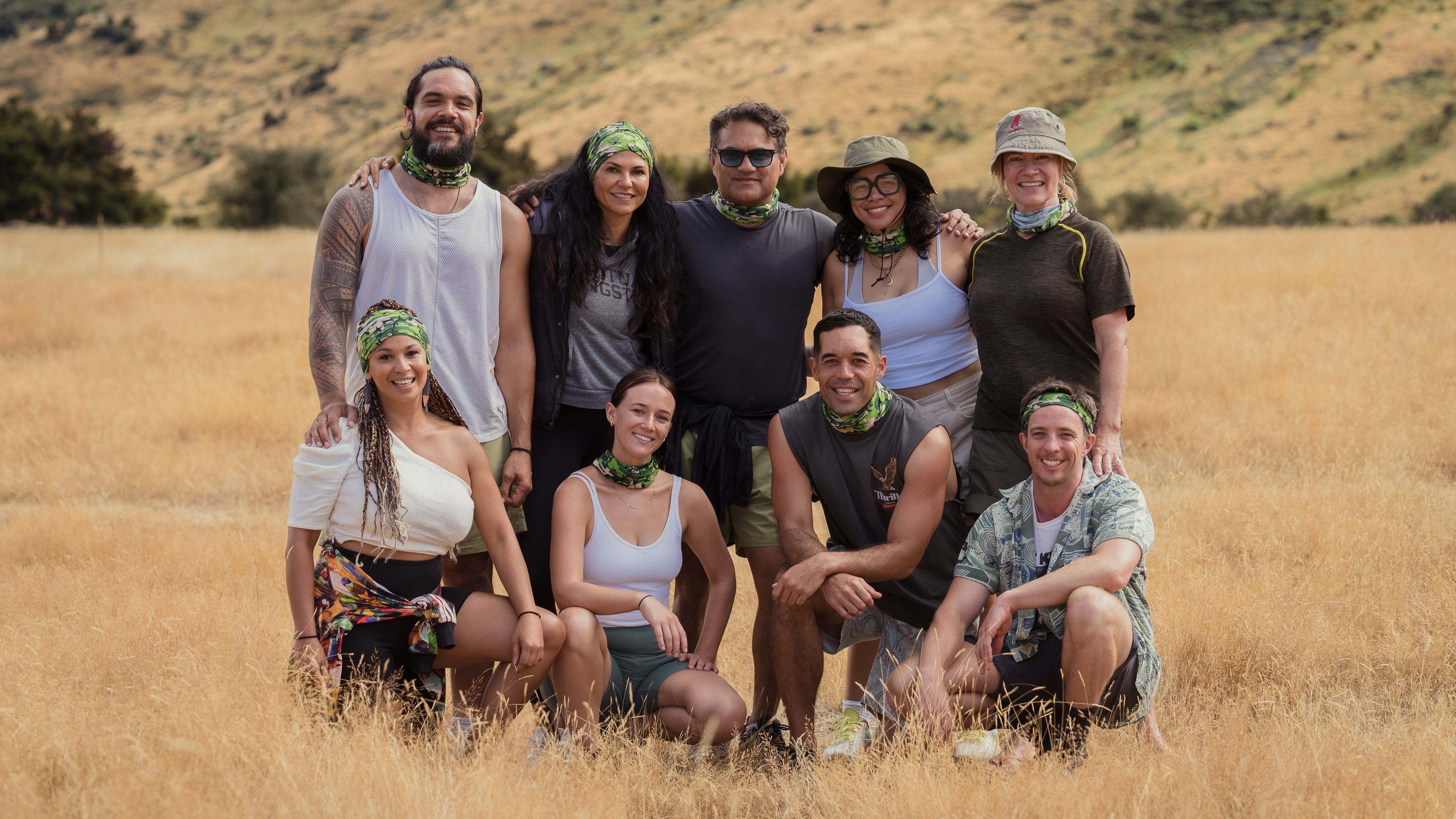Local Screen Industry In Vulnerable State
It's not just newsrooms facing the axe - with local productions across the board in the firing line amid broadcasting cuts. We hear from sector advocates about what needs to happen next.
Written by

No matter which way you look at it - it's a bleak week for broadcasting in Aotearoa.
Whether you love, hate or are indifferent to the much-vilified "mainstream media", there is no disputing the confirmed axing of Newshub and TVNZ news and current affairs shows like Fair Go and Sunday have major knock-on impacts within the screen industry.
As well as journalists - camera operators, editors, studio crew, producers, directors and writers from that sector often overlap into other forms of screen production like dramas, comedies, feature films and reality TV. Many others have cut their teeth in the news realm before moving into other forms of production.
Not to mention, if they're willing to cut back on news...other local productions will be next in the firing line when it comes to budget cuts.
That's why New Zealand's screen producers' guild SPADA has called for swift and decisive action from the Government following TVNZ and Warner Bros Discovery NZ's dramatic cutbacks to their spend on local production because of falling advertising revenue.
SPADA President Irene Gardiner told The Big Idea that the cuts "will take about $50 million out of the local screen sector, which will mean a significant contraction.
"It will seriously jeopardise our ability to tell NZ stories and put NZers on screen. The cultural and societal ramifications of that are huge. It could mean our domestic industry is no longer strong enough to help feed our big-money-making international industry, risking that significant contribution to the NZ economy.
"If we can keep the domestic part of the screen industry strong, we can build on the momentum we have been building up in international co-productions and sales. This is an area that makes 10s of millions in export dollars. We also need a strong domestic sector to feed and support our big money-making international sector. The screen sector is a 3.5 billion dollar industry for New Zealand, and local production is a vital part of that.
"If there isn't enough local investment available, our producers' recent progress with international sales and co-productions will be threatened. We will also lose tens of millions of export dollars. And, on a human level, hundreds of people will lose their jobs. And New Zealanders will lose a lot of their favourite TV shows!"
Alongside cornerstone production Shortland Street, vulnerable shows include the likes of Border Patrol, Motorway Patrol, Dog Squad, food shows, home shows, garden shows, and big format entertainment shows like Lego Masters NZ and Snackmasters NZ.
High-brow drama and cerebral fodder, they are not. But that doesn't make factual-based any less significant to the industry and the audience.

"I suppose you could call The Traitors NZ and Celebrity Treasure Island reality shows, but they're also high-production value series," Gardiner contests. "Hundreds of people work on these shows; they're the bread and butter of our industry. And they're the shows that viewers love."
Rachel Antony, CEO of Greenstone TV, agrees. She told The Big Idea "The teams that create the factual-entertainment and observational documentary, the kind of shows Greenstone specialises in, are no less 'creative' than any other corner of the screen industry.
"Telling 'real life' stories – and stories that come without the benefit of a script to shoot or edit to – are just as creatively challenging and rewarding. They’re also usually produced for much lower budgets than drama, so the teams have to be even more innovative on that count.
"The craft of someone on a show like Border Patrol, where a cameraperson is also the field director and sound recordist on location, is exceptional. It’s such a critical time for the creative industries and we need to actively push back against any suggestion that some creativity has more worth than others – for audiences or practitioners."
Antony continues "The teams may be a bit smaller than scripted (encompassing between 20-40 roles/skilled contractors), but they are multi-talented powerhouses, that create ‘IRL’ magic onscreen.
"Directing, writing, animation, music composition, camera, editing, accounting, locations, colourists, audio mixing and publicity photography are a snapshot of the varied skills that our Factual productions harness to make engaging content for Aotearoa and beyond.

"And these productions provide a pathway for employment for young people coming into the sector, they build capability and grow their skills across all these areas of the screen industry. We want to ensure ongoing diversity of what 'New Zealand storytelling' means, for audiences and for the opportunities for the hundreds of people make a living from “unscripted” content."
Gardiner also points out the news and current affairs fallout will have a ripple effect on the rest of the industry.
"Broadcast journalism and general local production totally intersect. There will be less work all around. But most importantly, we are in danger of losing the New Zealand voice.
"In a smaller, but none-the-less significant point, the fewer News and Current Affairs outlets and resources New Zealand has overall, the fewer opportunities we have to promote our local screen content. For instance, Newshub’s Kate Rodger on Three has been a massive advocate for NZ films and filmmakers."
As far as the reaction from the Government to SPADA's pleas - including a request to exempt screen funding agencies from the across-the-board 7.5% Ministry cuts - Gardiner explains "Our Ministers and Ministry officials have actually been very good with us, and open to meetings. I think they do understand we have hit a crisis point, but they just need to establish what is best to do from here.
"We need regulation of the international tech companies that have caused this market failure as soon as possible. And any extra support that could be given to our funding agencies would also be very welcome right now."
Gardiner said SPADA had been calling for Government regulation of international streamers for some time now.
"These large multinationals need to contribute to the local production industry in some way, to alleviate the market distortion they have created. This regulation is now urgent. The impact of the streamers, along with Facebook, Google and YouTube, on advertising revenue has been devastating, and has now hit a crisis point.
"Times are hard for everyone right now, but the Government, the sector and New Zealanders need to understand local production is at a pivotal point in time. We are not just another business. We represent the New Zealand voice - the cultural impact of us not seeing ourselves on our screens, of us not creating our own stories, will be profound, particularly at a time of social change and division."